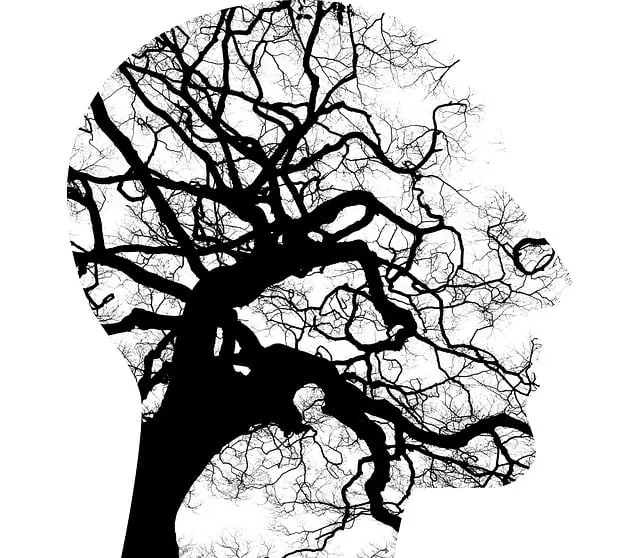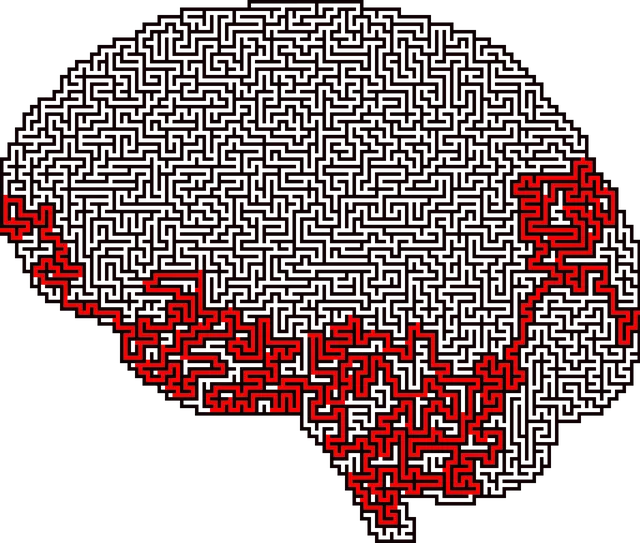The Longmont Kaiser Permanente mental health center employs the RFM (Resilience, Frequency, Monetary value) framework to personalize mental health interventions, catering to beginners and chronic condition managers. This approach optimizes resource allocation, enhances program impact, and builds community resilience through tailored stress management strategies. Flexible visiting hours facilitate patient engagement, supporting recovery and fostering a sense of belonging through therapeutic activities and community outreach programs. Resilience exercises integrated into daily routines during visits improve emotional well-being, adaptability, and cultural sensitivity, empowering individuals to manage challenges with confidence. Measuring program success through key metrics like participation rates, visit durations, and feedback ensures the center's RFM initiatives contribute to enhanced resilience and improved mental wellness within its population.
“Resilience is a cornerstone of mental well-being, especially in healthcare settings. This article explores the power of RFM (Resilience, Flexibility, and Mobilization) exercises in enhancing patient care at facilities like the Longmont Kaiser Permanente Mental Health Center. We examine case studies, including visiting hours’ impact on resident engagement, and provide strategies for successful RFM implementation. By delving into these aspects, we aim to highlight how such programs can transform mental health care, offering a more holistic approach to patient recovery.”
- Understanding RFM and Its Role in Resilience Building
- The Longmont Kaiser Permanente Mental Health Center: A Focus on Patient Care
- Visiting Hours and Their Impact on Resident Engagement
- Implementing Resilience Exercises: Strategies for Success
- Measuring the Effectiveness of RFM Programs at Mental Health Facilities
Understanding RFM and Its Role in Resilience Building

At Longmont Kaiser Permanente mental health center visiting hours, understanding RFM—Reach, Frequency, and Monetary value—is key to fostering resilience through targeted exercises. RFM acts as a framework to identify and engage individuals at different stages of their mental health journey, from those seeking initial support to those managing chronic conditions. By analyzing reach, frequency, and the monetary investment made in well-being initiatives, mental health professionals can tailor interventions effectively.
This approach is particularly crucial in implementing crisis intervention guidance and mental illness stigma reduction efforts. It enables personalized stress management strategies, ensuring that every individual receives appropriate care. Through RFM analysis, the Longmont Kaiser Permanente center can optimize resource allocation, enhance program impact, and ultimately build a stronger, more resilient community by addressing diverse mental health needs.
The Longmont Kaiser Permanente Mental Health Center: A Focus on Patient Care

The Longmont Kaiser Permanente Mental Health Center stands as a beacon of hope and healing in its community. With a primary focus on patient care, the center offers a nurturing environment where individuals can prioritize their mental well-being. Visiting hours at this facility are designed to accommodate patients’ diverse needs, ensuring they receive the support they require from loved ones while also maintaining therapeutic environments.
Here, professionals utilize innovative approaches like resilience-building exercises and self-care routine development to empower individuals in managing their mental health effectively. By integrating empathy-building strategies into treatment plans, the center fosters a sense of belonging and understanding among patients. These practices not only promote better mental health but also encourage the adoption of healthy self-care practices, ultimately contributing to enhanced resilience.
Visiting Hours and Their Impact on Resident Engagement

Visiting hours at mental health facilities, such as the Longmont Kaiser Permanente center, play a significant role in resident engagement and overall mental wellness. These scheduled visits provide an opportunity for patients to connect with loved ones, fostering a sense of community and support, which is essential for recovery. The impact extends beyond social interaction; it can also be a time for residents to engage in therapeutic activities like mental wellness journaling exercises, allowing them to document their thoughts, track progress, and reflect on personal growth.
Moreover, visiting hours can facilitate community outreach program implementation. By involving local support groups or community members, the mental health center can create an inclusive environment, fostering cultural sensitivity in mental healthcare practice. This approach not only enriches the residents’ experience but also encourages a holistic view of recovery, integrating patients back into their communities with enhanced social connections and emotional resilience.
Implementing Resilience Exercises: Strategies for Success

Implementing resilience exercises at a mental health center like Longmont Kaiser Permanente involves a strategic approach to foster a culture of emotional well-being and adaptability. One key strategy is to integrate these exercises into daily routines, making them accessible and non-intimidating. This can be achieved by incorporating short mindfulness sessions or stress management techniques during visiting hours, ensuring patients have opportunities to practice self-care alongside their treatment plans.
Additionally, tailoring resilience building activities to cater for diverse patient backgrounds and cultural sensitivities is essential. For instance, incorporating cultural elements into the exercises can enhance engagement and make the process more meaningful. The Longmont Kaiser Permanente mental health center can foster a sense of belonging and trust by considering the Cultural Sensitivity in Mental Healthcare Practice, ensuring that each patient’s unique needs are met. Emphasizing emotional intelligence and self-esteem improvement through these exercises can further empower individuals to navigate challenges with resilience and confidence.
Measuring the Effectiveness of RFM Programs at Mental Health Facilities

The effectiveness of Resilience, Fitness, and Mental Health (RFM) programs at facilities like the Longmont Kaiser Permanente mental health center can be gauged through several key metrics. Visiting hours, for instance, provide a tangible indicator of patient engagement and satisfaction with the program. Increased participation in RFM activities during visiting hours suggests higher levels of interest and potential benefits to mental wellness. Moreover, regular assessments focused on stress management techniques and resilience building can offer profound insights into the program’s impact on patients’ emotional well-being.
By tracking improvements in areas like attendance rates, duration of visits, and patient feedback through structured surveys, mental health centers can measure the overall success of RFM initiatives. These data points not only highlight individual progress but also contribute to a broader understanding of how such programs enhance resilience building and foster mental wellness within the facility’s population.
The implementation of Resilience, Flexibility, and Mastery (RFM) exercises in mental health facilities, as demonstrated by the successful model at the Longmont Kaiser Permanente Mental Health Center, showcases the transformative power of patient care. By integrating RFM into routines, these centers can enhance resident engagement during visiting hours, fostering a sense of belonging and resilience. Measuring the effectiveness of such programs is crucial for optimizing patient outcomes and ensuring that mental health facilities remain vibrant hubs of support in today’s digital era.






